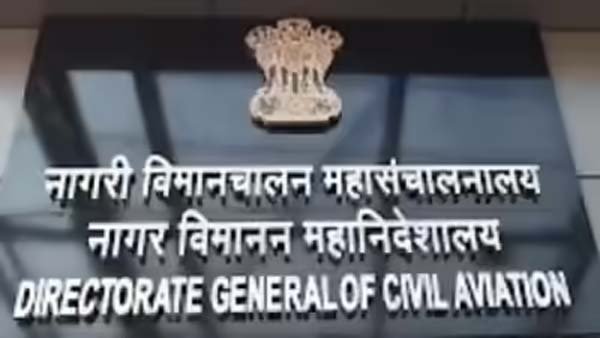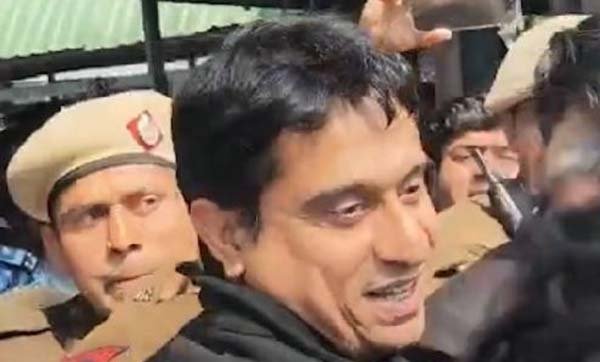New Delhi, Sept 4 (UNI) India has made significant legislative strides in recognsing transgender rights, but societal acceptance of the community remains a challenge, Justice V. Ramasubramanian, Chairperson, NHRC, today said, calling for critical reforms to improve their welfare and inclusivity.
Justice Ramasubramanian was speaking at the national conference on ‘Rights of Transgender Persons: Revamping Spaces, Reclaiming Voices’, organised by the NHRC with key government and civil society stakeholders.
On the occasion, a comprehensive report on the status of Garima Greh shelters for transgender persons was also unveiled, revealing that all is not well in the world of transgender persons in India, where their population is estimated to be around 4.88 lakhs as per the 2011 census.
Quoting from the Upanishads, Justice V Ramasubramanian, emphasised that human creation transcends binary gender definitions, underscoring the need to end discrimination and stigma faced by transgender persons in education, health, employment, and public spaces.
Amit Yadav, Secretary, Ministry of Social Justice and Empowerment (MoSJE), outlined government initiatives, including the SMILE scheme for Garima Grehs, issuance of Transgender Ayush Cards, and efforts towards vocational training and employment.
He stressed the need to translate the Transgender Persons (Protection of Rights) Act, 2019 into effective action and encouraged transgender individuals to register on the National Portal for better access to benefits.
Bharat Lal, NHRC Secretary General, poignantly reminded the gathering that human dignity is indivisible, and the true measure of any society lies in how it treats its most marginalised and vulnerable members.
Highlighting contemporary challenges, Bharat Lal painted a dismal picture: transgender persons make up 0.04% of India’s population, and have a literacy rate of only 56.07% — far below the national average.
Access to formal employment remains limited, and barriers to supportive, gender-affirming healthcare are widespread.
He also underscored the critical issue of documentation. The absence of ‘gender identity certificates’ continues to deny many access to welfare schemes, financial services, and justice itself.
The NHRC report give details of the gaps in the system and calls for urgent strengthening of Garima Grehs with state-level Project Monitoring Committees, dedicated police focal points, timely fund releases, and enhanced infrastructure support.
It recommends empowering shelter heads to assist with issuing transgender identity certificates through confidential processes, expanding healthcare coverage including mental health and HIV/AIDS services, and accelerating implementation of schemes like Ayushman Bharat TG Plus.
Further, the report advocates extending shelter stays for those pursuing education or skill development, linking shelters with employment portals, and ensuring workplace protections under the POSH Act.
Also, greater transparency through updated data, strong monitoring and a dedicated ministry desk is essential, said the report.
Legal reforms to safeguard gender non-conforming minors and establishing child care and elderly homes with NGO collaboration are also urged, it added.











